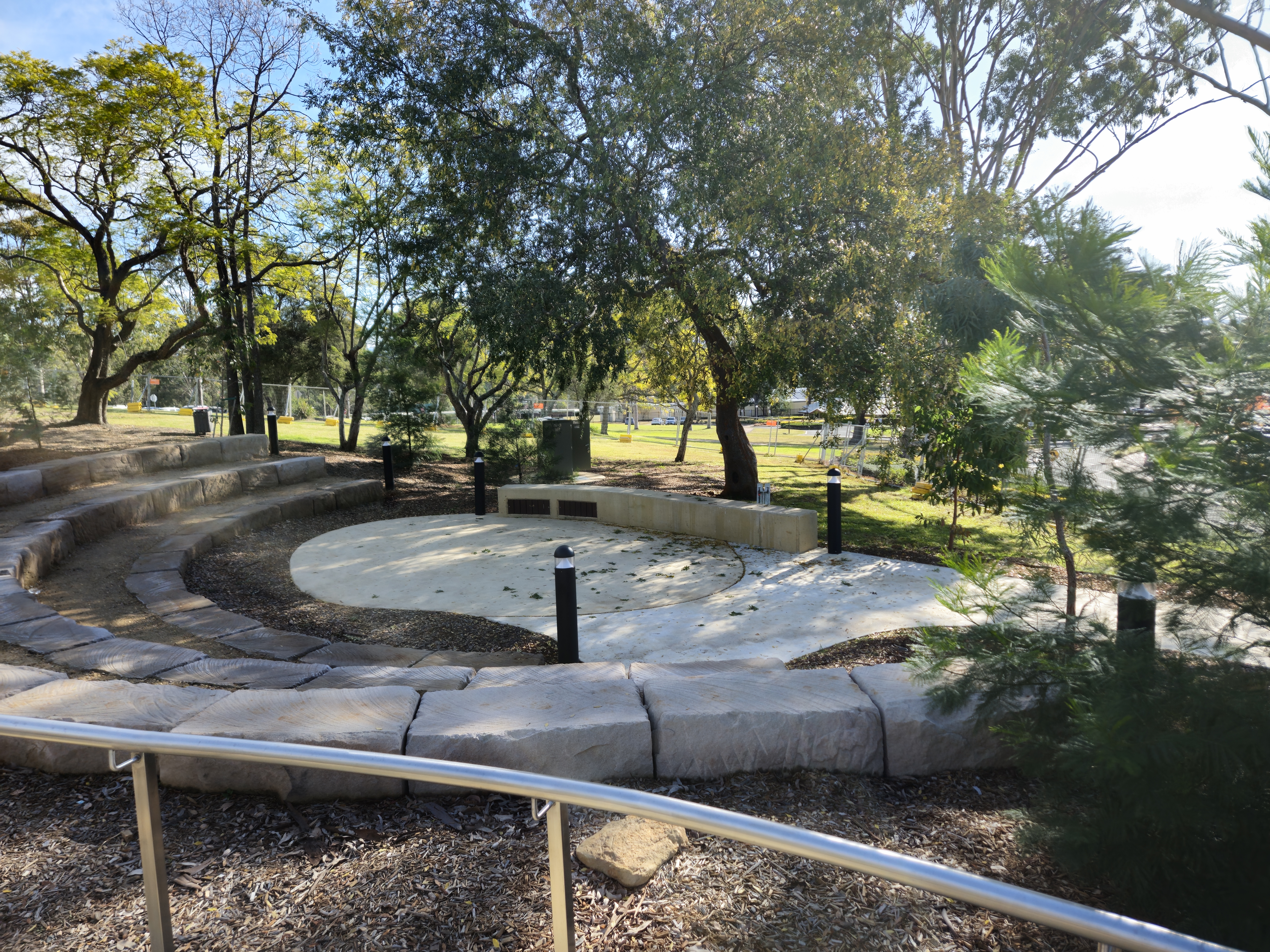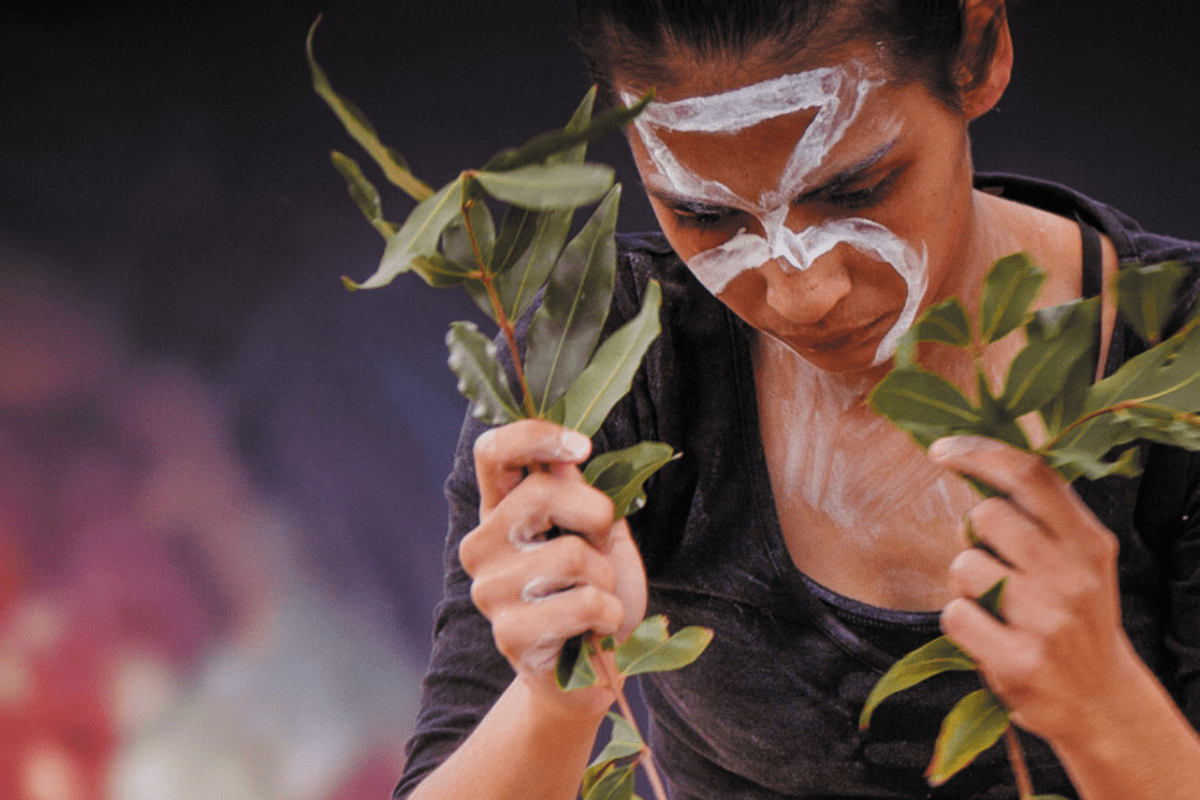You can search for courses, events, people, and anything else.
While running several major projects as Western Sydney University’s Deputy Vice-Chancellor Indigenous Leadership, Professor Michelle Trudgett also maintains a significant research load, with a focus on Indigenous participation in higher education and leadership.
A Wiradjuri woman from Dubbo in New South Wales, Trudgett loved being a student and after completing an undergraduate degree at the University of New England, she enrolled in a Master of Professional Studies with a major in Indigenous studies, followed by a Doctor of Education degree.
"I realised when I was studying that there wasn’t much support for Indigenous postgraduate students," she says. So she made this the subject of her doctoral thesis.
In 2009, Trudgett was recruited by Macquarie University, becoming its first Indigenous postdoctoral research fellow. Working in the Indigenous Studies department, she moved quickly up the academic ranks and within two years was promoted to senior lecturer and deputy director of the department.
She left Macquarie University in 2014 for the opportunity to be the inaugural Director of the Centre for the Advancement of Indigenous Knowledges at the University of Technology Sydney. Trudgett was then attracted to a leadership position at Western Sydney University in 2019, to fulfill the position of Pro Vice-Chancellor Aboriginal and Torres Strait Islander Education, Strategy and Consultation. In 2021 she was promoted to her current role.
BUILDING FUTURE LEADERS
When she joined Western, one of Trudgett’s first tasks was to develop the University’s Indigenous Strategy for 2020-2025, which was launched in March 2020. It focuses on Indigenous engagement across seven key areas: students; employment; research; learning and teaching; community engagement; leadership; and cultural viability and knowledge.
“The Indigenous Strategy had a lot of ambition, a lot of big commitments, but the biggest of them all was the goal to establish a landmark building that celebrates Indigenous people, history, culture and knowledge,” she says. That dream is soon to come to life via The Indigenous Centre of Excellence.
Trudgett recently launched the 2023-2032 Indigenous Futures Decadal Strategy, which complements the first plan.
While leading these major strategic endeavours, she also recently completed two ARC projects with her long-standing research partner, Professor Susan Page, Pro Vice-Chancellor, Indigenous Education. The first looks at Indigenous leadership and governance in higher education and the other investigates how the sector can best support and develop early career researchers.
The first, a project on Indigenous leadership, included interviews with the Vice-Chancellors of 27 universities around Australia about their perceptions of Indigenous leadership in the sector.
"We found that Indigenous leaders in higher education are expected to have more skills than non-Indigenous leaders," says Trudgett.
"We are expected to have all the attributes, such as diplomacy and resilience, that you would expect any leader to have. But, on top of that we are expected to have additional personal and cultural competencies."
Need to know
- Michelle Trudgett is Western’s first Deputy Vice-Chancellor Indigenous Leadership.
- She launched Western’s 2023-2032 Indigenous Futures Decadal Strategy.
- Western is building an Indigenous Centre of Excellence at the Parramatta South Campus.
"I think Western is a place where Indigenous people can thrive."
While finding that senior Indigenous positions in Australian universities are a growing priority for the higher education sector, the research showed that the scope of the senior leader positions is very broad, often covering both strategic and operational responsibilities. The team also found a key challenge linked to senior Indigenous appointments is career progression beyond their Indigenous portfolio.
Trudgett believes the university sector has a long way to go in terms of recognising and respecting the skills of Indigenous leaders. "The university sector still has not seen one Indigenous Vice-Chancellor," she says.
In a paper from the research, Trudgett and her co-authors note “these roles should never be viewed as supplementary to other portfolios, but rather core to all components of university business. Emerging and current senior Indigenous leaders are one of the sector’s richest assets, who have tremendous power to challenge how the higher education system in Australia operates.”
The next stage of the research is to establish a model of best practice for Indigenous leadership and what it brings to organisations.
On the question of what makes a good leader, Trudgett shared a story about her grandfather, an Indigenous man from Warren in NSW.
"My dad’s father lived in a small country town outside Dubbo and was the coach of a predominantly non-Indigenous football team. He had to get a bunch of country men together, to the point of them having a shared vision and being on the same page. For an Aboriginal man in the 1950s, that would not have been an easy task, but he did it while getting great respect," she recalls.
Trudgett is not one to dwell on difficulties. When asked about challenges she’s faced in her career, she hesitates before replying. "What some people see as a barrier or a challenge, I prefer to flip on its head and see as an asset," she says.
"When people say Indigenous people are disadvantaged in education, for example, that is completely true, but I would say I’m actually advantaged because I am Indigenous and I come with a whole range of Indigenous knowledge and lived experience, which are huge assets," Trudgett adds.
"It’s the things that make me unique and different from most of Australian society which are part of the reason I have the opportunities I have in life. Challenges quickly become opportunities."
LOOKING AHEAD
For now, Trudgett’s main challenge is trying to maintain a significant research profile while holding a senior executive position, which is “often an intense pressure situation”.
She is proud of all the positive initiatives taking place at the University. "I think it’s a place where Indigenous people can thrive and be supported, which is not the case in some other universities," she says.
"The way the Indigenous staff support each other regardless of what portfolio they are in, how they support our students, how they come together, how we are on a shared journey to do good things that are going to make changes for our community is something I am very proud of."
"If I stepped away, the Indigenous staff here at Western are so dedicated and brilliant that they can keep things going. I don’t think that all universities can say that."
THE INDIGENOUS CENTRE OF EXCELLENCE
In February 2023, Western Sydney University received a grant of $78.5M from the NSW Government’s WestInvest program for an Indigenous Centre of Excellence, which will be located on Darug land at the University’s Parramatta South Campus.
For Professor Michelle Trudgett, the announcement of their successful bid — which will ensure the future of the proposed centre — is a major step towards realisation of her vision for a landmark building and the culmination of months of work in planning, community consultation, and meetings with architects and designers.
Kayden Edwards, an Indigenous student, also welcomed the initiative, saying that many high-school students want to learn more about their culture but the resources aren’t available. "It will be especially important for onboarding students in coming years by adding that layer of community and culture into their lives," he says.
"It will attract staff, students and members of the community to the same place and get them all interacting."
The Centre will include an Indigenous Research Institute, a First Nations library and archive space, auditorium, theatre, elders’ rooms, children’s play areas, meeting spaces and a yarning circle.
Trudgett is one of five Indigenous members of the panel of eight to judge a national design competition for the building, with the winning design announced in late 2023 and the new building planned to open in February 2026.
"That is my main focus at the moment. It’s huge and it’s something that will keep giving to the community for many generations to come," she says.
Meet the Academic | Professor Michelle Trudgett
Professor Michelle Trudgett is an Indigenous scholar from the Wiradjuri Nation in New South Wales. Michelle currently holds the position Deputy Vice-Chancellor Indigenous Leadership at Western Sydney University. She has also held senior positions at the University of Technology Sydney and Macquarie University. Michelle is currently the Chair of the Universities Australia Deputy/Pro Vice-Chancellor Indigenous Committee. She also serves as a Board Member on the GO Foundation. Michelle has received a number of awards including the highly prestigious National NAIDOC Scholar of the Year Award, the Neville Bonner Award for Teaching Excellence and the University of New England Distinguished Alumni Award.
Credit
Future-Makers is published for Western Sydney University by Nature Research Custom Media, part of Springer Nature.
© treety/iStock/Getty






